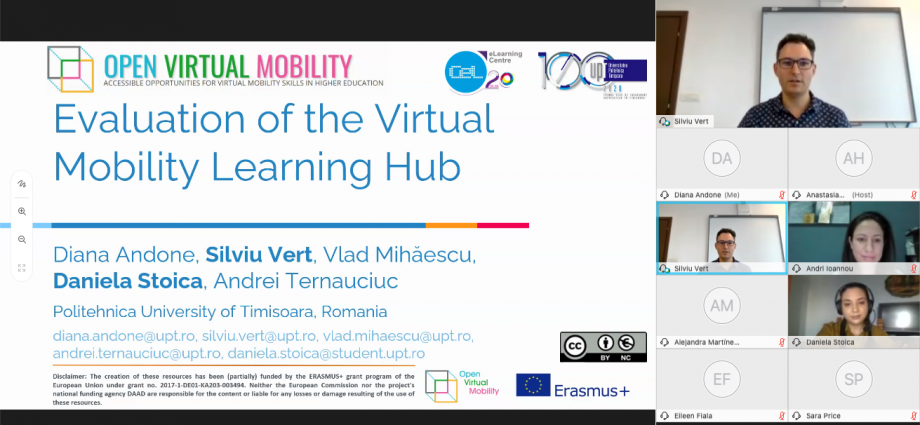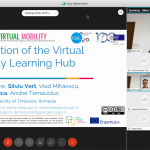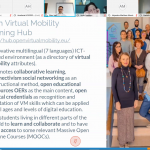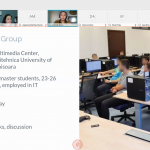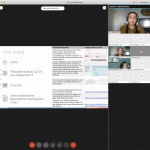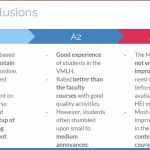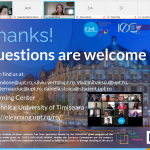We are very pleased to have been able to present another OpenVM research paper, this time at the HCI International Conference 2020, which took place between 19 and 24 July.
Andone D., Vert S., Mihaescu V., Stoica D., Ternauciuc A. (2020) Evaluation of the Virtual Mobility Learning Hub. In: Zaphiris P., Ioannou A. (eds) Learning and Collaboration Technologies. Designing, Developing and Deploying Learning Experiences. HCII 2020. Lecture Notes in Computer Science, vol 12205. Springer, Cham. https://doi.org/10.1007/978-3-030-50513-4_2
Abstract
We live in a fast-paced world where the most valuable of all commodities is time. All of us dream of having enough time to live, work, learn and enjoy life. Higher Education is transformed by these aspirations, as in today’s society students are also working adults. Therefore, online courses especially under the form of MOOCs, virtual learning environments, offers them access to virtual learning and working. The OpenVMLH (Virtual Mobility Learning Hub) is an innovative multilingual environment which was created as part of the Open Virtual Mobility, a European-funded project, with the purpose to promote collaborative learning, social connectivism and networking as an instructional method, OERs as the main content and open digital credentials. This paper presents the analysis of the OpenVMLH. By harmonizing the qualitative and quantitative evaluation performed on 139 participants, using several usability testing methods in an extended period of time (8 months), we draw our conclusions on how a MOOC platform dedicated to virtual mobility should perform. Some of the issues are related to the usability of the OpenVMLH, others pertained to the actual creation and formatting of the learning materials but very few are of high severity. The improved version of the learning hub is now used by students and professors in 5 universities.

